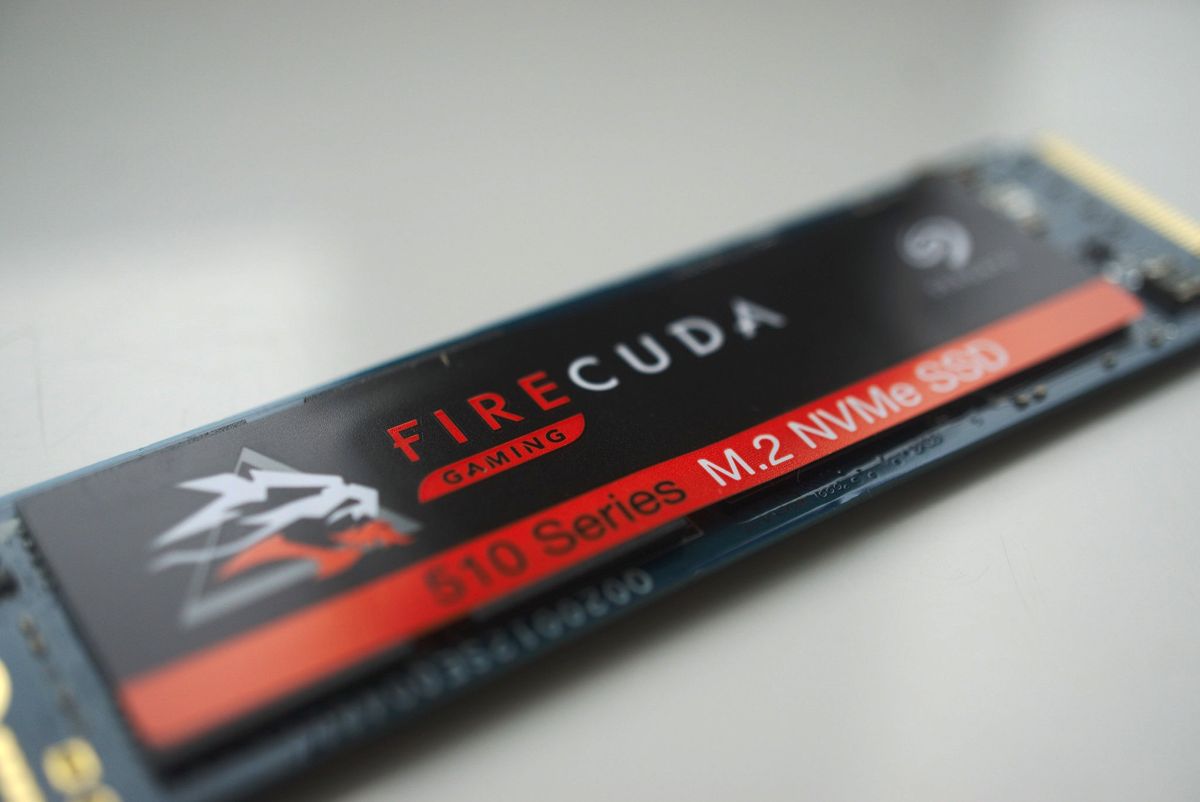Is Seagate FireCuda 510 1TB or 2TB a better buy?

Is Seagate FireCuda 510 1TB or 2TB a better buy?
Seagate FireCuda 510 2TB SSD offers better value but...
Looking at the price per gigabyte, the 2TB version of the Seagate FireCuda 510 comes out on top with a $0.21 per gigabyte cost compared to $.024 with the 1TB. You'll be getting more gigabytes of storage for your money, but that's only if you can afford the 2TB outright, whereas the 1TB model is significantly more affordable.
There's also the question of whether you need 2TB of speedy SSD storage. Most people don't, which also makes the 1TB FireCuda 510 the better option.
Why you should consider the Seagate FireCuda 510 SSD
The Seagate FireCuda 510 offers amazing performance no matter the storage size On paper, the new FireCuda 510 has a rated sequential read and write of up to 3,450 MB/s and 3,200 MB/s, respectively.
Also, Seagate rates the 1TB model with a terabytes written (TBW) endurance score of 1,300 and 2,600 for the 2TB version. What this means is you can look to write around 1.3 petabytes (PB) on the 1TB drive before running into issues. Seeing how Samsung only has around 600 TBW for its 1TB EVO Plus SSD, this is great news for Seagate fans.
Through our tests, the SSD only fell short in sequential write speeds, but it did consistently offer high levels of performance. Overall, the price you pay for this performance makes it a good deal.
Regardless as to where you buy the FireCuda 510 from, Seagate offers a warranty of five years.

Great value storage with strong performance
Seagate made an exceptional SSD. The FireCuda 510 is everything a PC owner needs with amazing read and write speeds, solid reliability, and high levels of endurance. All at an aggressively low price.

For when 1TB simply won't do
You get all the great benefits of the 1TB FireCuda 510 SSD, but double the storage capacity. The 2TB version has enhanced endurance so this drive should last longer.
Get the Windows Central Newsletter
All the latest news, reviews, and guides for Windows and Xbox diehards.

Rich Edmonds was formerly a Senior Editor of PC hardware at Windows Central, covering everything related to PC components and NAS. He's been involved in technology for more than a decade and knows a thing or two about the magic inside a PC chassis. You can follow him on Twitter at @RichEdmonds.